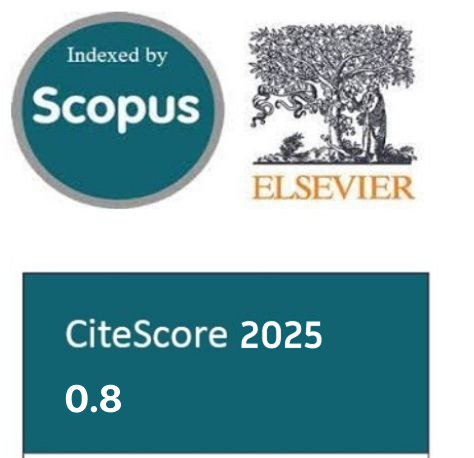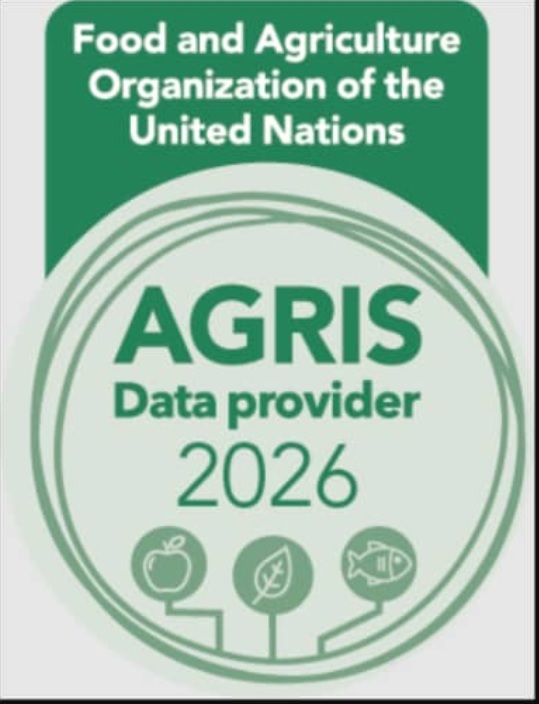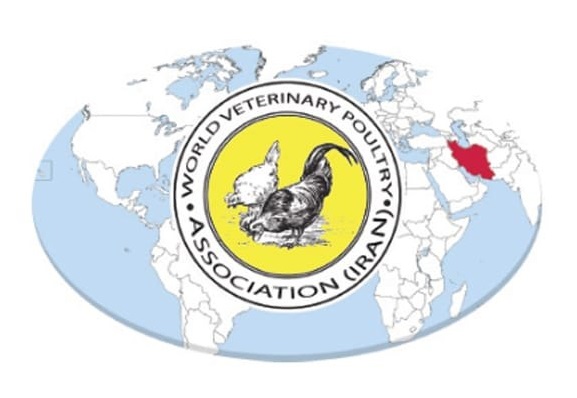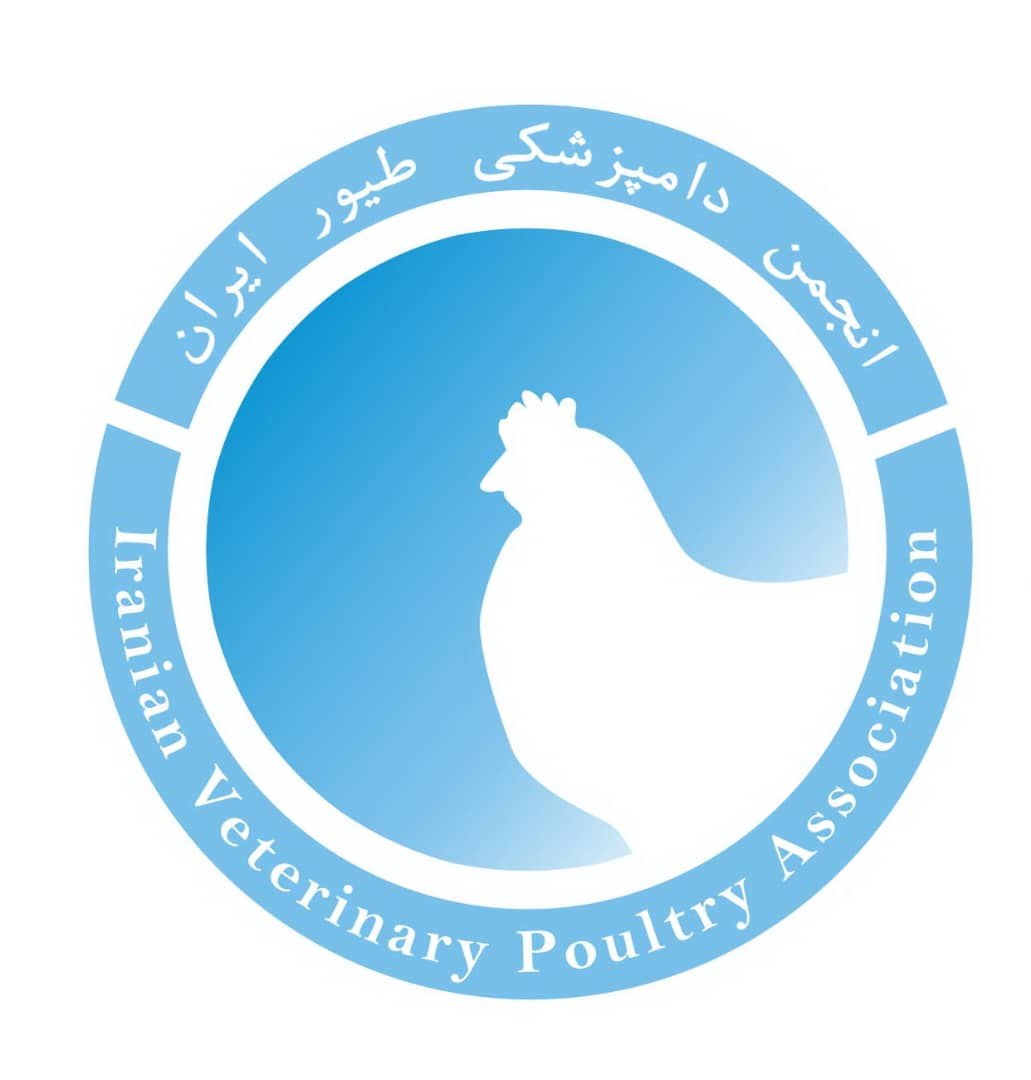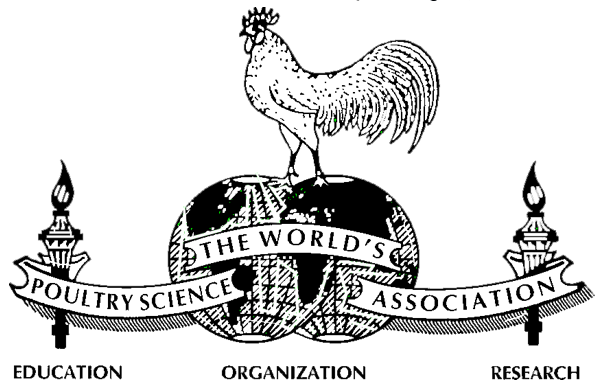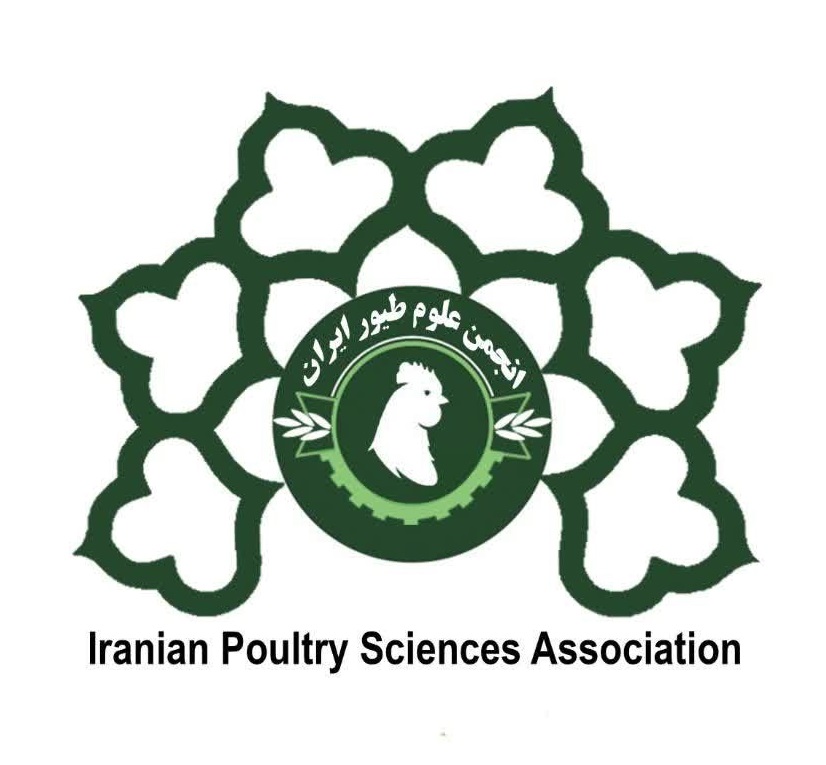Assessment Of Biosecurity Limitation In Live Poultry Markets Inyaounde, Center Region Of Cameroon
Abstract
In the poultry value chain, live animal markets are common hotspots for dispersing multiple infectious diseases. This work was initiated to assess biosecurity practices in the poultry market. For this purpose, a survey was conducted in 8 live poultry markets in Yaoundé, in combination with a questionnaire-based survey with the stakeholders of the livestock markets. The data collected were analyzed using descriptive statistics. The results revealed that all the markets (100%) were not only used for selling live poultry, and the birds were not confined. In all the markets (100%), poultry was sold without any disinfection observed, and no program was implemented to fight against rodents. The introduction of birds into the market without quarantine was observed at 33.9%; 46.9% of traders and slaughtering persons were working together in closed proximity, birds were kept in wooden cages on the ground in all the market (85.8%) and, when transported inter-urbanely the birds were kept in plastic cages (100%). Cages were piled on top of one another (61.4%) had poultry of different breeds (30.3%) and of different ages (100%). All traders do not put on clean uniforms reserved for their poultry selling activities only, and they do not carry out any medical check-ups. Most customers (72.8%) slaughtered their birds in the market, and the unsold birds (100%) were not returned. Stray dogs, rodents, and cats were found in the market (100%). It was concluded that there is a limited application of biosecurity measures in the live poultry markets in Yaoundé, which, therefore, represents a risk of the dissemination of high pathogenic avian/zoonosis diseases. Live bird market stakeholders should be educated on adhering to biosecurity measures and practices.
Downloads
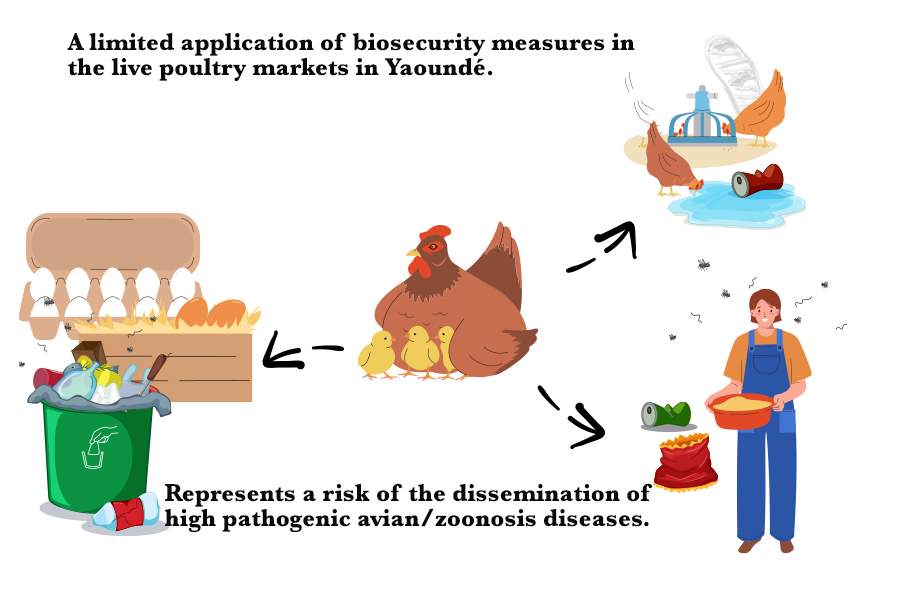
Downloads
Published
Submitted
Revised
Accepted
Issue
Section
License
Copyright (c) 2024 Mube K. Herve, Tata Cyriel, Tadondjou Cyril, Chekam Prisca, Ebile dayan , Tendonkeng Fernand (Author)

This work is licensed under a Creative Commons Attribution-NonCommercial 4.0 International License.


